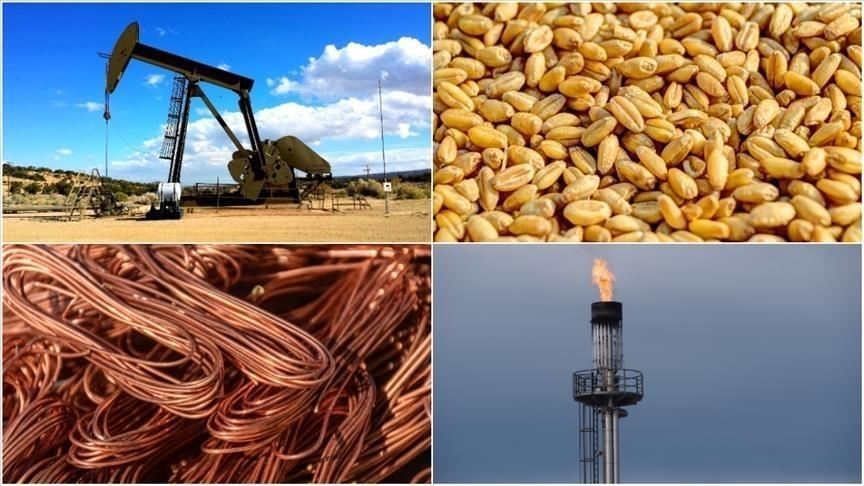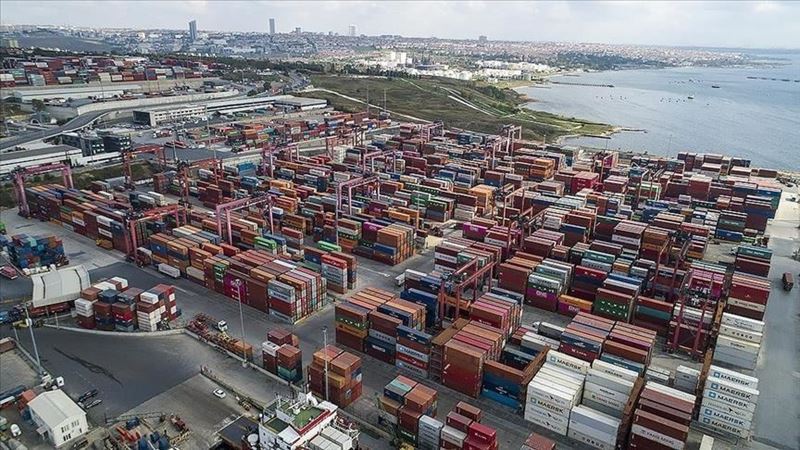The Bank published the April 2022 issue of its Commodity Markets Outlook Report with the title "The Impact of the Ukraine War on Commodity Markets".
Wheat prices increased by 60 percent in Africa after the Russia-Ukraine War
The report pointed out that food and energy price shocks from the Ukraine war could last for years.
In the report, it was stated that the war in Ukraine caused a great shock in the commodity markets, and it changed the global trade, production and consumption patterns in a way that would keep prices at historically high levels until the end of 2024.
Commodity prices are expected to remain well above the last 5-year average
In the report, it was noted that the rise in energy prices in the last 2 years was "the biggest increase since the oil crisis in 1973".
In the report, it is stated that the largest increase since 2008 has been experienced in the prices of food products, of which Russia and Ukraine are the major producers, and fertilizers depending on natural gas as a production input. is expected to remain high.
In the report, it was stated that commodity prices are expected to remain well above the average of the last 5 years, and it was stated that if the war lasts longer or additional sanctions are imposed on Russia, prices may remain higher than anticipated and become more volatile.
Barrel price of crude oil expected to reach highest level since 2013
In the report; It was noted that the energy commodity price index consisting of oil, natural gas and coal is expected to increase by 50.5 percent this year compared to last year, while the index consisting of non-energy commodity prices such as agricultural products, metals and minerals is expected to increase by 19.2 percent.
Emphasizing that the energy commodity price index is expected to decrease by 12.4 percent next year, the report stated that the non-energy commodity price index is expected to decrease by 8.8 percent.
In the report, it was stated that while the price of Brent crude oil was expected to reach the highest level since 2013 with an average of $100 per barrel, with an increase of 42 percent compared to last year, it is expected to decline to $92 per barrel in 2023 with a decrease of 8 percent.
In the report, it was reported that natural gas prices in Europe are expected to be twice the last year in 2022, while an increase of 35 percent is expected in the USA.
Wheat prices are expected to increase by more than 40 percent.
In the report, it was stated that the price index for precious metals is expected to increase by 3 percent this year and to decrease by 8.9 percent next year.
In the report of the World Bank, it was estimated that the ounce price of gold will increase by 4.5 percent this year compared to last year, and decrease by 9.6 percent in 2023.
Pointing out that the price index of agricultural products is expected to increase by 17.6 percent this year, it was stated that a decrease of 7.7 percent is expected next year.
In the report, it was noted that wheat prices are expected to increase by more than 40 percent to reach an all-time high in nominal terms this year.
"The biggest commodity shock since the 1970s"
Indermit Gill, Vice President of the World Bank for Fair Growth, Finance and Institutions, in his assessment of the report, stated that this was the biggest commodity shock since the 1970s.
Noting that the aforementioned shock was exacerbated by the increasing restrictions on food, fuel and fertilizer trade, Gill said, "These developments have begun to increase the danger of stagflation." used the phrase.
"Policymakers should seize every opportunity to boost economic growth at home and avoid actions that harm the global economy," Gill said. made its assessment.
Ayhan Köse, Director of the World Bank Prospects Group, stated that the commodity markets experienced one of the biggest supply shocks in decades due to the war in Ukraine.











Comments
No comment yet.